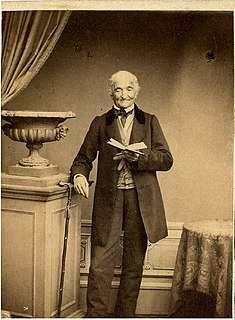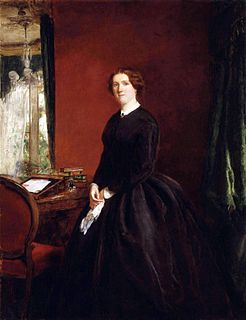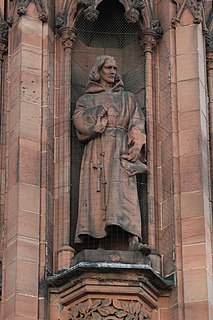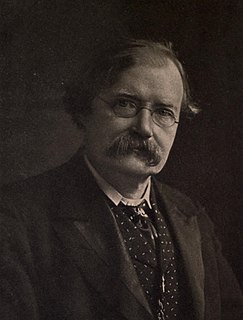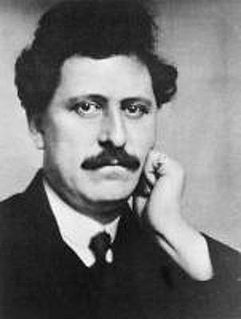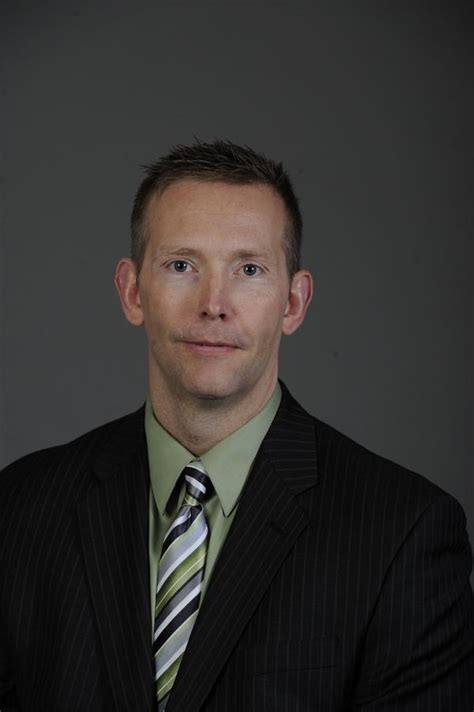A Quote by Victor Hugo
Animals are nothing but the portrayal of our virtues and vices made manifest to our eyes, the visible reflections of our souls.
Related Quotes
From the oyster to the eagle, from the swine to the tiger, all animals are to be found in men and each of them exists in some man, sometimes several at the time. Animals are nothing but the portrayal of our virtues and vices made manifest to our eyes, the visible reflections of our souls. God displays them to us to give us food for thought.
Just as the teaching of the Law and the prophets, being harbingers of the coming advent of the Logos in the flesh, guide our souls to Christ (cf. Gal. 3:24), so the glorified incarnate Logos of God is Himself a harbinger of His spiritual advent, leading our souls forward by His own teachings to receive His divine and manifest advent. He does this ceaselessly, by means of the virtues converting those found worthy from the flesh to the spirit. And He will do it at the end of the age, making manifest what has hitherto been hidden from men.
...when we abandon visible riches... it is strange goods and not our own that we are leaving. And this is so even if we boast that we acquired them through our own efforts or that they were passed on to us as an inheritance. I say nothing is ours except what is in our hearts, what belongs to our souls, what cannot be taken away by anyone.




